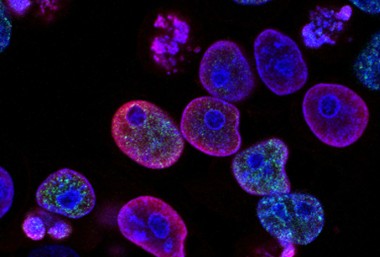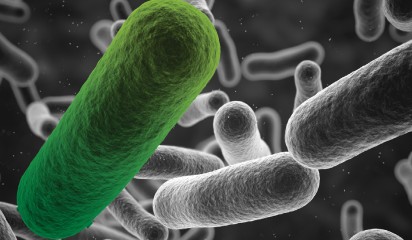To obtain a patent, the invention must be disclosed in a manner that is clear enough and complete enough for it to be performed by a person skilled in the art — this is called the “disclosure requirement”. For many inventions, this can be satisfied through drawings and a text description. But for inventions based on microorganisms, a sample of the microorganism may be required to ensure repeatability.
Budapest Treaty
To satisfy the disclosure requirement for microorganism-based inventions, a sample of the microorganism can be deposited with a deposit authority. The Budapest Treaty on the International Recognition of the Deposit of Microorganisms for the Purposes of Patent Procedure 1977 (the Budapest Treaty) aims to standardise this process, allowing a single deposit at an International Depositary Authority to meet the disclosure requirement for all countries that are party to the treaty. As noted in our previous article, New Zealand acceded to the Budapest Treaty, and it entered force on 17 March 2019.
Once a microorganism has been deposited with an International Depositary Authority, the deposit can’t be cancelled, and will be retained for at least 30 years, and for at least 5 years after the most recent request for a sample.
Requesting deposited microorganisms
Part of the bargain made in obtaining a patent is that you are putting your knowledge of your invention into the hands of the public, in exchange for time-limited exclusivity. This is also true of deposited microorganisms, which will be made available to the public under certain circumstances.
The Budapest Treaty specifies three scenarios under which samples of the deposited microorganism can be given out (Regulations Under the Budapest Treaty on the International Recognition of the Deposit of Microorganisms for the Purposes of Patent Procedure, Rule 11):
Rule 11.1 specifies that a sample can be requested by a patent office for the purposes of a patent procedure.
Rule 11.2 specifies that a sample can be requested by the depositor, or by anyone with authorisation of the depositor.
Rule 11.3 specifies that a sample can be requested by anyone, if they are legally entitled to a sample, and they obtain certification of this fact from a patent office where the related patent has been filed.
Rules 11.1 and 11.2 are fairly restricted in scope, however Rule 11.3 can allow anyone who is legally entitled to a sample to get one. What makes someone ‘legally entitled’ to a sample varies by jurisdiction.
New Zealand
The New Zealand legislation doesn’t currently contain any rules around who is legally entitled to obtain a sample of a microorganism deposited under the Budapest Treaty. IPONZ states that an interested party can request access to a microorganism sample under Rule 11.3(a) of the Regulations under the Budapest Treaty, and IPONZ will certify such requests.
Australia
In Australia, the requirements for obtaining a sample are specified in the Patents Regulations 1991 s 3.25. The certification for acquiring a sample will be granted if the Australian application has lapsed, been refused, or been withdrawn, or if the granted patent has expired, ceased, or been revoked (s 3.25F). It will also be granted:
- if the requestor gives an undertaking that it will only be used for experimental purposes, or in relation to opposition proceedings or other relevant proceedings in relation to the patent (s 3.25C),
- if the requestor has a right to obtain a sample because of an order requiring the patentee to grant them a licence to the patent (s 3.25D), or
- for Crown use (s 3.25E).
Before an Australian application becomes open to public inspection (OPI), the applicant can request that samples are only provided once the application becomes OPI, and only to a person who is a skilled addressee without an interest in the invention. This only applies from the point that the application becomes OPI, and ends when the patent is granted, or the application lapses, is withdrawn, or is refused.
The United States
In the United States, certification for acquiring a sample relating to a pending US patent application will be given if the USPTO determines that the requestor is entitled to one.
All restrictions on public access to the microorganism must be irrevocably removed as of the date of grant of the relevant patent. In reality, access may not be simple.
Other Countries
The exact details of when someone is entitled to a sample, and what restrictions may apply, varies by jurisdiction. Many jurisdictions will make a sample available if:
- the requestor undertakes not to make the sample available to anyone else, and to only use it for experimental purposes, or
- the related patent application has been abandoned, refused, or withdrawn, or the related patent has lapsed, expired, or been revoked.
When a patent application is about to publish, the applicant needs to consider whether they want to continue with the application, or if they would rather withdraw it to prevent the disclosures from being made publicly available. Similar consideration needs to be given to a microorganism deposit.








